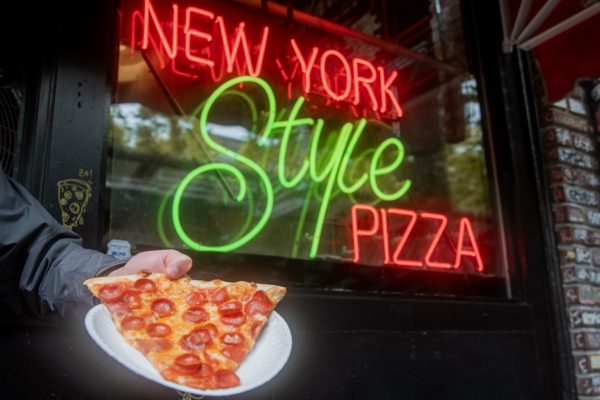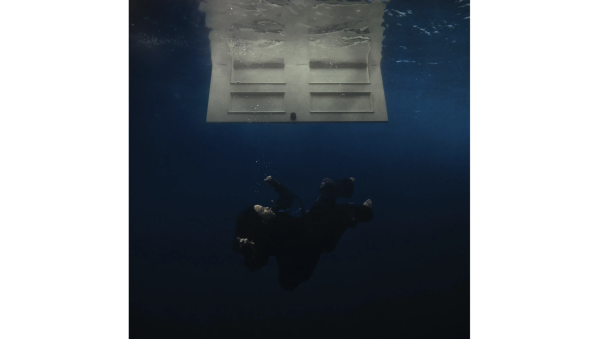Billie Eilish Documentary Emphasizes Family Bonds
With many new scheduled releases, 2021 promises to be a busy year for biographical pictures (biopics), especially for musicians. Famous household-names like Aretha Franklin, Billie Holiday and Elvis Presley will come alive on the silver screen through documentaries set to be released later this year.
Modern performers, such as Demi Lovato, are also getting their time in the limelight with an upcoming docu-series set to premiere later this month.
“Framing Britney Spears” aired February 5 to thousands of viewers, breaking channel watch records and revitalizing the #FreeBritney movement within 24 hours of its release.
This celebrity sub-genre of documentaries also spawned “Billie Eilish: The World’s A Little Blurry,” premiered Feb. 26, in an attempt to endear fans and follow the well-trodden path to celebrity success.
Celebrity biopics can range from “puff pieces” to explorations that look beyond the public image. According to Seattle University’s Film Studies professor John Trafton, it is up to a director to bypass a pre-established public image and capture the authenticity of their subject, especially when their celebrity status may sometimes censor views.
“Celebrities are so often used to being in the public eye that speaking extemporaneously or being very guarded with their comments and steering the conversation towards a public relations goal …becomes second nature to them,” Trafton said. “If you’re a filmmaker, you can either have the wool pulled over your eyes, or you can get really good at working with people.”
Director R.J. Cutler, whose previous work in the biopic space has included work with Anna Wintour and Bill Clinton, documented Billie Eilish’s rise to fame, which ran parallel to her adolescence. This film closely follows the conventions of the average celebrity biopic. It is another addition to a genre already saturated with similar content about down-trodden stars growing into their image (see: Taylor Swift’s “Miss Americana” (2020) or “Justin Bieber: Seasons.”
The heart of this film lies entirely in its subject. Eilish’s charm and authenticity keep the documentary moving, even when it does not need to.
Creating documentaries about celebrities means that “the power dynamics are shifted,” according to Alexander Johnston, Seattle U Film Studies professor and documentarian.
“The person who’s being depicted [is] able to control the narrative a little bit more while at the same time giving them a kind of credibility, because documentary has this association with reality but also with being something more high-brow,” Johnston said. “There’s extra credibility that somebody like Billie Eilish gets versus if she had released some kind of promotional video.”
The public image a celebrity chooses to portray is carefully curated through public relations teams and other representatives. Though many celebrities negotiate to ensure that they have full control over what is shown in the final cut of their documentaries, Eilish chose to give over full creative control to Cutter, allowing him to have the final say.
The audience is first introduced to Eilish through a video of her at 13-years-old, gaping at the radio as it plays her single, “Ocean Eyes.” This is her first taste of major commercial success and the stakes are only raised higher from there. As Eilish grows more popular, meeting her idols and facing stadiums full of screaming fans, she must contend with her own depression and worsening mental state.
This is certainly not a death knell for either Eilish or her burgeoning career. The documentary emphasizes her strong support network through her relationship with her family. In fact, much of the film’s authenticity comes from her interactions with her family. Scenes where Eilish creates music with her brother (which feature familiar clips of her most popular, most recognizable songs to evoke a heavy-handed nostalgia) are juxtaposed with the commonplace moments found in any teenager’s life: getting a driver’s license, arguing with a significant other and teasing a sibling.
The inner workings of Eilish’s support network are captured in great detail, with occasional cuts to interviews that feature her loved ones reminiscing on her growth and worrying about her future. Eilish says it best: “Leaving the people that need me is so hard to do.” In general, her family is her one constant on a long path to success.
“You are very brave and amazing,” Maggie Baird says as she hugs her daughter. Eilish’s brother, Finneas, and her dad, Patrick O’Connell, confirm the sentiment one scene later. They are supportive and loving, often trying to do right by her.
These moments prop Eilish up between stressful technical malfunctions and sleepy-eyed interviews, making the whirlwind nature of her life easier to stomach. In a biopic sub-genre packed with stress and criticism typical of any famous figure, these glimpses into the enduring love her family shares adds to Eilish’s legitimacy as an authentic person.










